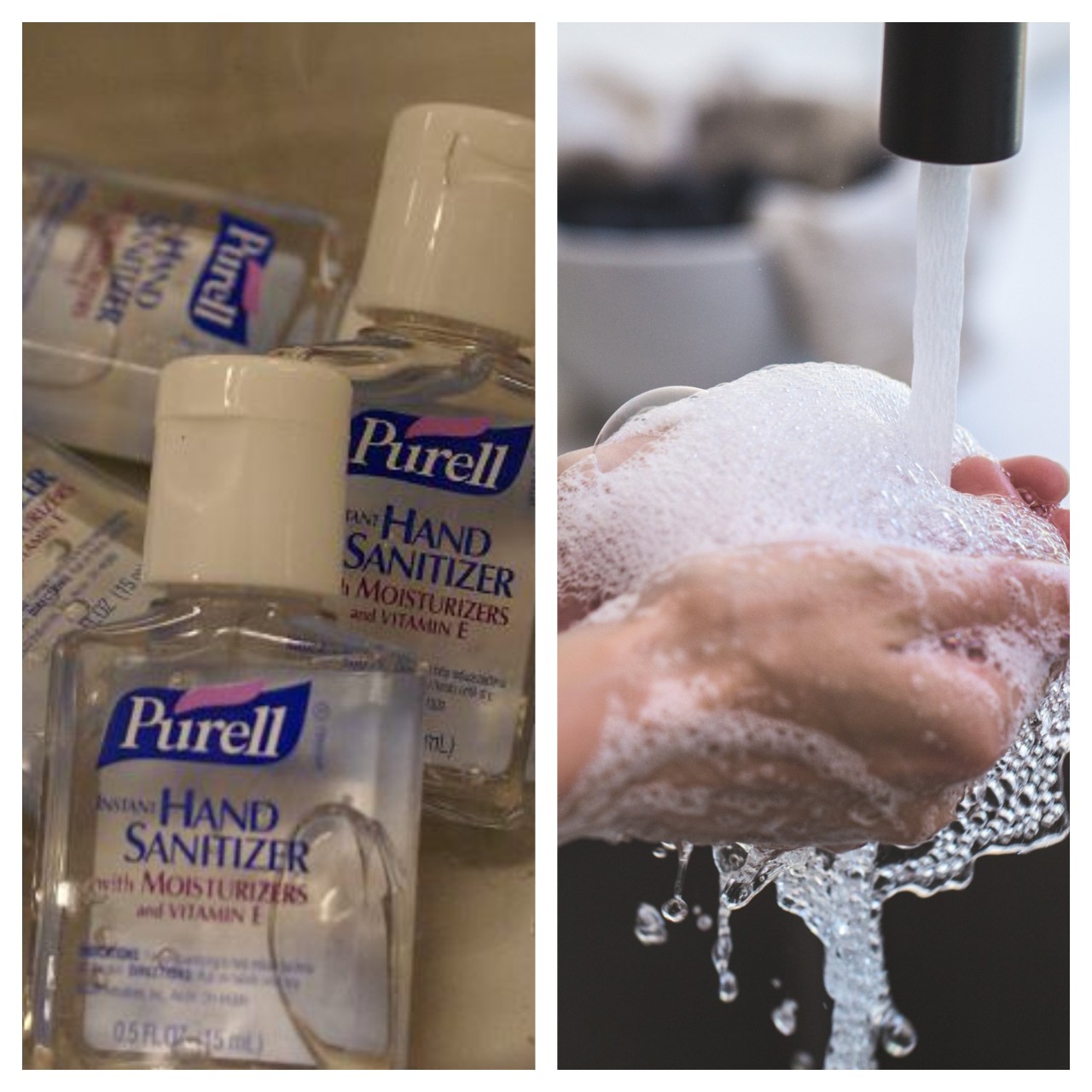
Singlecare: Can hand sanitizers or hand-washing kill the flu?
Dr. Carl Fichtenbaum says it's what you do with your hands when cleaning them that's important
New research examines what is more effective against the flu: hand sanitizer or hand washing. The study found that when the flu virus is trapped in wet mucus, it can remain infectious for up to four minutes after exposure to hand sanitizer—in other words, much longer than you might have guessed. According to the study, hand-washing—even without soap and even when the infected mucus was wet—was, indeed, very effective in removing the flu virus. It eliminated it in just 30 seconds.

Dr. Carl Fichtenbaum of the Division of Infectious Diseases in the UC College of Medicine, in an interview with Singlecare, said "the fight wasn't fair." He says researchers didn’t study how hand sanitizer works when it’s rubbed into the skin, only when it was dabbed onto fingers, adding "hand rubbing is the critical part of all this."
Related Stories
Before the medals: The science behind training for freezing mountain air
February 19, 2026
From freezing temperatures to thin mountain air, University of Cincinnati exercise physiologist Christopher Kotarsky, PhD, explained how cold and altitude impact Olympic performance in a recent WLWT-TV/Ch. 5 news report.
Blood Cancer Healing Center realizes vision of comprehensive care
February 19, 2026
With the opening of research laboratories and the UC Osher Wellness Suite and Learning Kitchen, the University of Cincinnati Cancer Center’s Blood Cancer Healing Center has brought its full mission to life as a comprehensive blood cancer hub.
Nursing innovation emerges as critical lever in healthcare transformation
February 18, 2026
Recognizing both the urgency and the opportunity, the University of Cincinnati (UC) College of Nursing is taking deliberate steps to position nurses at the forefront of healthcare transformation. It has created an Innovation Strategic Plan and established a dedicated Industry Advisory Board to forge the academic-industry partnerships essential to accelerating nurse-driven innovation.
